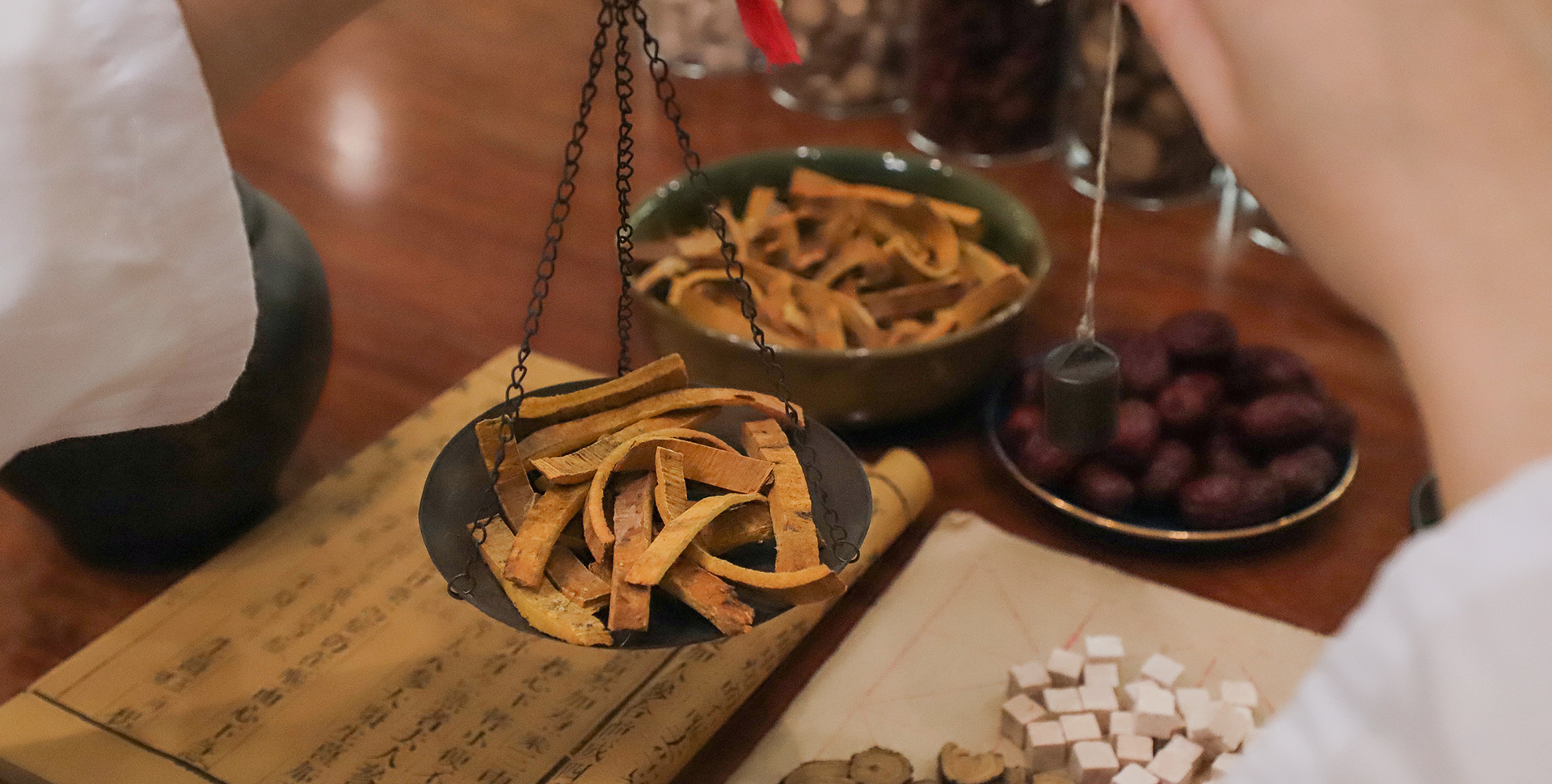In recent years, there has been a growing interest around the world in Traditional Chinese Medicine (TCM). People are looking for natural ways to support their health and well-being. One important part of TCM is the use of decoction pieces — dried plant parts like roots, stems, seeds, and flowers that are boiled into herbal teas. These pieces are used in both homes and clinics across Asia and, more recently, in the West.
As the market for herbal medicine grows, so does the need for reliable sources of high-quality herbs. This is where an Organic TCM Decoction Pieces Exporter plays a key role. These exporters help move clean, carefully processed herbal ingredients from farms to shelves around the world. In this article, we will explore what makes a good exporter, why organic herbs matter, and what buyers should look for.
Table of Contents
TCM Decoction Pieces
In Traditional Chinese Medicine, each herb serves a purpose. Some warm the body, others clear heat, aid digestion, or calm the mind. These herbs are often combined into custom formulas. To prepare them, they are boiled in water to extract their active ingredients. The resulting tea is then used to treat various health concerns, from stress to stomach issues.
The herbs used for this are known as “decoction pieces.” They are specially cut and processed for easy boiling. These pieces must be clean, safe, and powerful. For many TCM users, quality makes all the difference.
Why Organic Matters in TCM
Organic farming avoids the use of harmful pesticides, synthetic fertilizers, and genetic modification. This is especially important for medicinal herbs, where even small traces of chemicals can affect how the body reacts.
Organic TCM decoction pieces are grown in clean soil, harvested at the right time, and processed without toxic additives. These pieces often have richer colors, stronger smells, and better healing power. That’s why more customers — from healthcare clinics to natural food stores — are asking for organic herbs.
But supplying organic herbs to international buyers isn’t easy. It requires strict quality control, clear paperwork, and a deep knowledge of both farming and medicine. That’s why the role of the exporter is so important.
The Role of an Organic TCM Decoction Pieces Exporter
An Organic TCM Decoction Pieces Exporter connects the growers and processors of herbs in China or other parts of Asia with buyers in Europe, North America, and beyond. This job goes far beyond shipping. Exporters must ensure every herb meets safety and quality standards in both the home country and the destination.
Key responsibilities of a good exporter include:
-
Sourcing certified organic herbs from trusted farms
-
Monitoring processing and packaging, often under GMP or GAP standards
-
Testing for safety, including heavy metals, pesticides, and microbes
-
Handling export documents like COA (Certificate of Analysis), organic certificates, and customs forms
-
Offering traceability, so buyers know where the herbs come from and how they were grown
Without this careful attention, herbs may be delayed at customs, rejected by buyers, or even pose risks to users. That’s why professional exporters are a valuable part of the herbal supply chain.
Choosing the Right Exporter: What to Look For
If you are a health company, pharmacy chain, or natural product supplier, picking the right exporter is key. Not all herbal suppliers are the same. Here are a few things to check when choosing one:
1. Organic Certification
The exporter should work with farms and processors that hold valid organic certificates. Look for global standards like USDA Organic, EU Organic, or China Organic. This ensures that the herbs have been grown and handled without harmful chemicals.
2. Testing and Quality Control
Every batch of herbs should be tested for safety and quality. Reliable exporters will provide lab reports from third-party labs. These reports should cover:
-
Pesticide residue
-
Heavy metals (like lead or mercury)
-
Bacteria and mold levels
-
Moisture content
3. Full Traceability
You should be able to trace the herbs from the field to your store. Ask your exporter about farm locations, harvest times, and processing details. This kind of transparency builds trust and supports product claims.
4. Stable Supply and Shipping Support
Exporters should have the ability to provide herbs on a regular schedule. They must understand shipping rules for different countries and be able to guide you through customs, taxes, and import laws.
5. Clear Communication
A good exporter answers questions quickly, shares documents, and explains processes clearly. Since you may be working across time zones, strong communication is important.
Popular Organic TCM Herbs for Export
Many herbs are in high demand worldwide, especially those used in classic formulas or modern wellness products. Some popular choices include:
-
Ginseng Root (Ren Shen): Known for boosting energy and immunity.
-
Astragalus Root (Huang Qi): Supports the immune system and fights fatigue.
-
Licorice Root (Gan Cao): Often used to harmonize other herbs and soothe the body.
-
Angelica Root (Dang Gui): Helps with blood health and hormonal balance.
-
Atractylodes Rhizome (Bai Zhu): Used for digestion and energy.
Exporters must be able to provide these and other herbs in fresh, clean, and well-labeled form.
Global Demand for Clean Herbal Medicine
Countries around the world are welcoming herbal remedies into their healthcare systems and wellness markets. In places like the United States, Canada, Germany, and Australia, more people are turning to TCM for everyday health support. They want products that are not only effective but also clean and environmentally responsible.
Because of this, the demand for organic herbs is rising fast. Exporters who can meet these needs are seeing strong growth and long-term partnerships with international brands.
Sustainability and Ethics in Exporting
An often-overlooked part of the business is the ethical side. Exporters who care about the environment and local communities are helping to create a better future for everyone. By working with small organic farms, paying fair wages, and reducing waste, they support both people and the planet.
Some exporters even support training for farmers or help preserve rare plants by encouraging careful harvest methods. These efforts help keep herbal traditions alive while protecting nature.
The Future of TCM Exports
As the world becomes more connected, and health trends keep moving toward natural and organic, the role of the Organic TCM Decoction Pieces Exporter will only grow. From product safety to global trade laws, exporters must stay informed and responsible.
New technologies like blockchain, AI tracking, and eco-friendly packaging are also helping exporters do their jobs better. The best companies are already using these tools to offer cleaner, safer, and more traceable herbal products.
Conclusion: A Vital Link in the Herbal Supply Chain
Organic herbs are more than a health trend — they represent a deeper respect for nature, the body, and traditional knowledge. For companies around the world that rely on herbal medicine, finding a trustworthy Organic TCM Decoction Pieces Exporter is the first step to offering safe and effective products.
A good exporter is more than just a middleman. They are a quality controller, guide, and partner. By choosing a responsible and certified exporter, businesses can grow with confidence and help bring the healing power of TCM to people everywhere.






